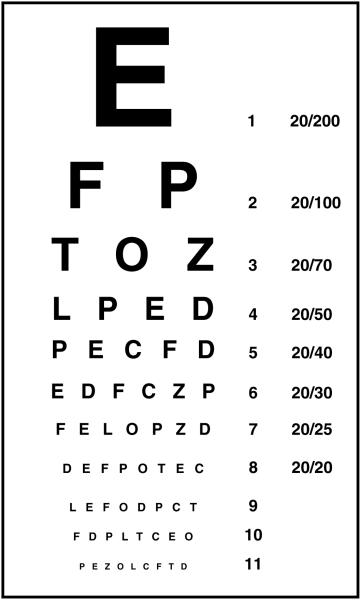It makes sense that children who have trouble reading have their vision evaluated. And if the results come back that they have 20/20 vision, one might think that the reading issue is likely to originate somewhere besides the eyes. That may not be the case, however, as indicated by a recent study of 121 Canadian children published in the Journal of Optometry.
Dr. Lisa Christian from the University of Waterloo in Ontario, Canada, and colleagues performed a retrospective review of these children who had all had complete eye exams. These kids all had so-called Individual Education Plans (IEP)* specifically directed at improving their reading abilities.
The authors found that while most of the children had good eyesight, a substantial proportion (over one third) had binocular vision that was below the normal limits on testing. Binocular vision involves the coordination of both eyes to produce a three-dimensional image. A person who has poor binocular vision may see blurred images, have poor depth perception, and/or double vision, among other problems.
Such problems can result from a variety of conditions, such as misaligned eyes, or poor functioning of the muscles that move the eyes (oculomotor muscles). A person with such problems will typically have difficulty reading — they may lose their place easily, develop eye strain, and/or need to to use a finger to keep their place while reading. It may be easier for them to read if they cover one eye.
Although it's likely that among the general population of children there would be fewer with such issues than was found in this Canadian study, when there is an issue with a child's learning to read, it could be important to determine whether or the extent to which such eye problems are the cause. Simply determining that a child's vision is 20/20 is not enough. And, as the researchers state
Further investigations should be performed to investigate the relationship between binocular vision function and reading performance.
*According to the authors, children in Ontario whose reading is poor (i.e. below expected grade level) may be eligible for IEPs — a modification of the school curriculum for a particular student to help him achieve educational goals.




